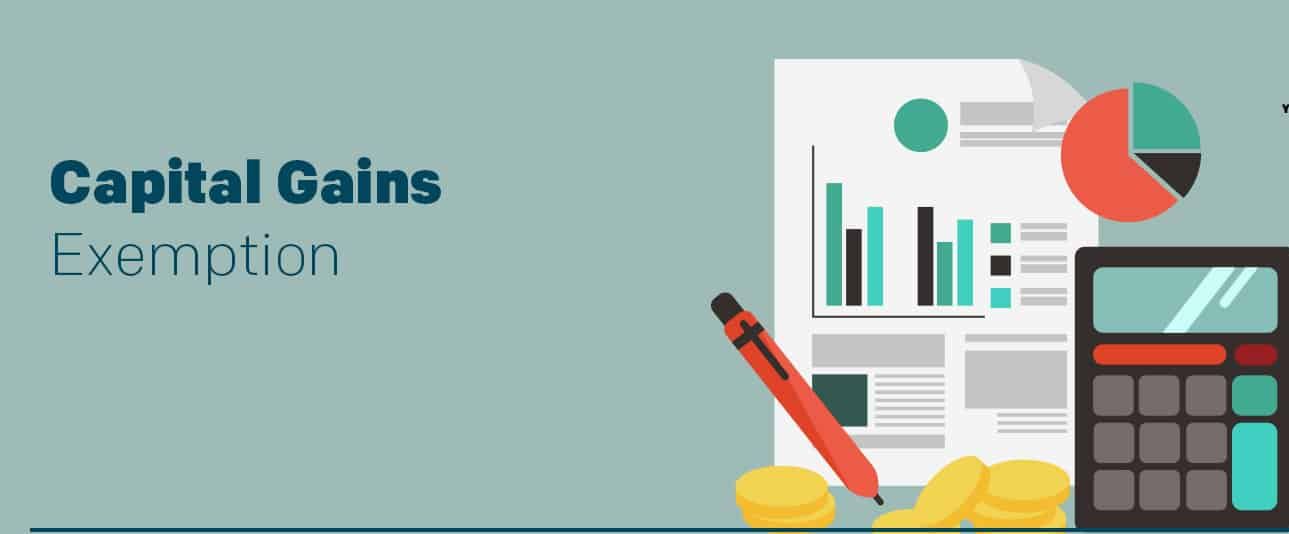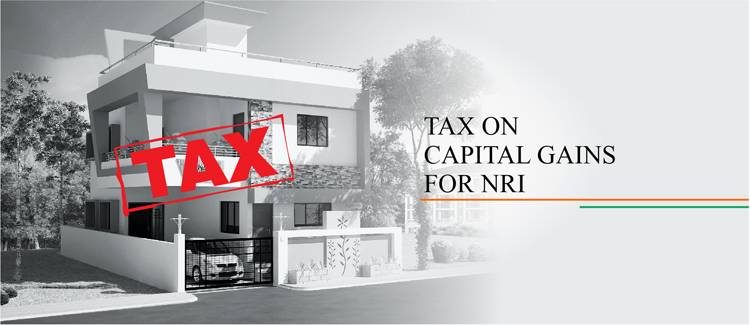Tax Queries on tax deductions pertaining to Long Term Capital Gains and SIPs

Tax Queries on tax deductions pertaining to Long Term Capital Gains and SIPs
How to avoid long term capital gains tax under section 54 and 54F of the Income Tax Act, 1961?
In order to understand how to avoid long-term capital gains tax on your purchase and sale of properties, let us take a fictitious example of some Mr.Arun. Arun’s father built a house in Kerela in the year 2000 for a cost of Rs.15lacs. Arun books a flat about four years back in Mumbai for which a loan of 40 lacs was taken. The total cost of this property is around 55 lacs. Now, both wish to sell the properties and purchase a new flat for about Rs.1.5 crores in Mumbai and use the funds to pay off the loan and partly pay for the purchase of the flat.

In such a situation, the sale of property in Kerela will is subject to long-term capital gains tax and Arun’s father can claim a deduction u/s54. However, in order to claim the deduction, he has to be a co-owner in the new property purchased and has to also make an investment in the property equivalent to the long-term capital gains which will be accruable to him. Also, regarding the flat in Mumbai owned by Arun, it is recommended that he should not take possession from the developer; instead the prospective purchaser can be authorized to take possession directly from the builder. In this manner, u/s 54, the LTCG can be set off as against the investment on a pro-rata basis in the new property wherein Arun will also be a co-owner. This is how, both Arun and his father can claim deductions under the ACT.
However, in case Arun has already taken possession of the property and then transfers it to the purchaser, there might be a dispute at the tax department regarding whether the gains are to treated as short-term or long-term capital gains. Sections 54 and 54F offer deductions against long-term capital gains only and this totally is dependent on the structure of the transaction and the facts of a case.
Do SIPs in ELSS have an impact on tax, irrespective of whether you work abroad or in India?
Investments being done under the systematic investment Plan (SIPs) in an Equity Linked Saving Scheme (ELSS) is eligible for deduction u/s 80C of Income Tax Act, 1961, the maximum limit being Rs 1,50,000 while the taxable income is being computed under the income tax act provisions. The deduction is applicable only for the amount that is contributed towards the SIP in an ELSS scheme. In case you are moving abroad for a job and are confused as to whether to continue the SIP or not, the decision is totally based on your gross total income. As per FEMA, once you move abroad for work, your residency status will be a non-resident. Also, note that any investments made by you in India have to comply with the FEMA Regulations.


 ITAT Amritsar: No Section 269SS Violation for One-Time Cash Payment Before Sub-Registrar
ITAT Amritsar: No Section 269SS Violation for One-Time Cash Payment Before Sub-Registrar  Tax Officials Unleash Digital Dragnet: How New Raid Powers Redefine Privacy, Property Rights in India and likely to Fuel Corruption
Tax Officials Unleash Digital Dragnet: How New Raid Powers Redefine Privacy, Property Rights in India and likely to Fuel Corruption  Income Tax Department Rewards for Reporting Tax Evasion: A Comprehensive Guide
Income Tax Department Rewards for Reporting Tax Evasion: A Comprehensive Guide  Forfeiture of Gratuity by Employer- What are the Remedies for an employee- Can employer be challenged?
Forfeiture of Gratuity by Employer- What are the Remedies for an employee- Can employer be challenged?  Employer can forfeit gratuity of an employee in case of moral turpitude
Employer can forfeit gratuity of an employee in case of moral turpitude  Diving Deeper: The Impact of the New Tax Bill on Dairy and Farming Income
Diving Deeper: The Impact of the New Tax Bill on Dairy and Farming Income